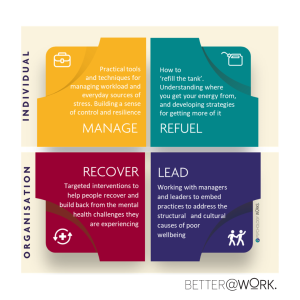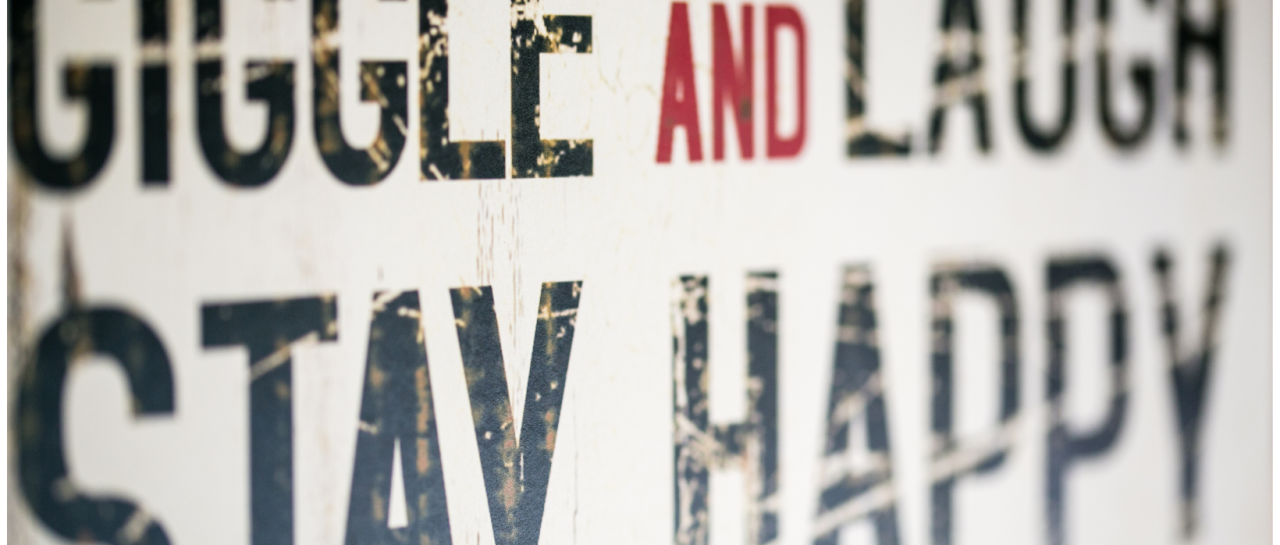Author: Claire Lish, ABP Company Secretary and Governance Lead. In a significant tribunal decision on 20 November 2023, a senior manager at the Financial Conduct Authority (FCA) earning £140,000 annually, faced a setback in her bid to secure the right to work exclusively from home.…

An article authored by Maria Gardner, Founder of Psychology Works.
Today is National Sickie. Less of an endorsement of absenteeism for work without reason, more a timely reminder that, everyone, at times needs a day off to rest, recalibrate and reset. It’s not about glamorising a day off; but a gentle nudge to recognise that, every now and then, we all need a breather.
What is National Sickie Day?
National Sickie Day, was coined back in 2011 by Law firm ELAS, after the company’s absence management team noted an increase in absences on the first Monday of February. Whilst this day in the calendar it lost its title in 2017, the concept lingers, providing a chance to address a problem that’s becoming more apparent.
Recent stats highlight a concerning reality (and enduring trend) – nearly half of UK workers are ‘running on empty, with burnout, mental health challenges, and work-related stress costing £28 billion annually (AXA Mind Health 2023). On an individual level, it’s now averaging £1900 per employee per year, up from £1652 in 2020 (Deloitte UK Mental Health Report 2022).
On the flipside, we also know from the data that better mental health support in the workplace can save UK businesses up to £8 billion annually (Sainsbury Centre for Mental Health, 2009)
What can we do about it?
The numbers are sobering. So, what do organisations do about it? On the positive side, organisations are stepping up. The hitch? Well-intentioned initiatives sometimes miss the mark by focusing on symptoms rather than root causes. So, how to do we address the issue more strategically, and what preventative action can we take to stop it getting to this point in the first place?

At Psychology Works we use our Better@Work model, using a framework of Manage, Refuel, Recover and Lead – to help organisations to understand where they are currently focusing their efforts, relative to where they are actually needed. Useful for both diagnosis and solution generation, it is effective at an individual, team and organisational level.
In the context of National Sickie Day, we see today as a timely reminder that everyone needs a moment to recharge, a moment essential for both wellbeing and sustained performance.
‘Refuel’ isn’t about complex strategies; it’s about finding what gives you energy. More than just rest and sleep, or even nutritious food and exercise, ‘refilling your tank’ is also how you nourish your mind and soul by engaging in activities that energise you. For individuals, it might be spending time with loved ones, contributing to the community, a night at the movies or simply taking a stroll.
If ‘Refuel’ is an area you’re thinking about, Mind offers some helpful and pragmatic suggestions:
- Give yourself short breaks. Take these throughout the day, as well as at least half an hour away from your desk at lunch. Spend some time outside if you can.
- Take some time off. Try to use any holiday you’re entitled to. If things get too much, a few days off or a long weekend can help you feel refreshed. This can even increase your productivity in the long run.
- Focus on your life outside work. Nurture relationships with people you don’t work with. Develop interests and skills that you don’t use in your job. This can help you see the difference between your personal life and your working life.
- Develop end-of-day habits. Finish your working day by tidying your workspace or making a to-do list for tomorrow. This can help you switch off from work, especially if you’re working from home.
For those steering the ship, you may not be able to ensure everyone’s eating their ‘five a day’ or doing their 10000 steps, but ‘Refuel’ is also about your company culture and it often starts with having clear boundaries in place.
So, on February 5, 2024, when talk about ‘taking a sickie’ begins, let’s not make it just another day on the ‘Wellbeing Calendar.’ Instead:
- Look into sickness absence rates; is everyone taking the leave they need? Are they taking their full holiday allowance
- Check if your employees feels the pressure to be ‘always on’
- Use this moment to reduce the stigma around personal reasons for absence, especially concerning mental health or well-being.
- Chat with your managers. What support do they need to champion their team’s wellbeing?
- Take a peek at your current working practices. Could introducing more flexible working arrangements, such as working from home, condensed hours, etc have a positive impact on your workplace wellbeing?
In a nutshell, let’s reframe National Sickie Day as a reminder to pause and reflect. It’s not about slogans; it’s about acknowledging the significance and importance of taking a break when it’s necessary, and without stigma. Here’s to creating a workplace where wellbeing is more than a talking point or a slogan on a mug… it’s at the heart of how you do business.



